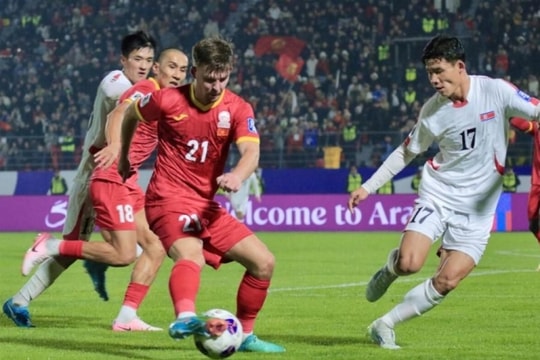Russia and China concerned about 'powder keg' on the Korean peninsula
Russian and Chinese officials have expressed “deep concern” about the situation that could “explode” at any time after North Korea tested the Hwasong-15 missile.
On November 29, North Korea test-fired a new ballistic missile that flew higher than any of its previous missiles. North Korean state television said, “After overseeing the successful launch of the new intercontinental ballistic missile, Hwasong-15, leader Kim Jong-un proudly declared that we [North Korea – Translator’s note] have finally realized the great historic motive of perfecting the state nuclear force and the cause of building up the missile power.
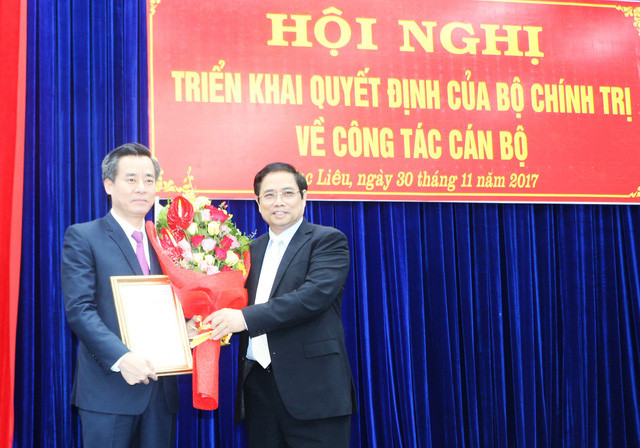 |
| North Korean leader Kim Jong-un supervises a military drill in April 2017. (Photo: KCNA) |
Spokesman Geng Shuang said China's Foreign Ministry expressed "deep concern and opposition" to North Korea's continued development of its ballistic missile program, and hoped "all parties will act cautiously to ensure peace and stability."
On November 29, US President Donald Trump discussed with Chinese President Xi Jinping measures to ease tensions on the Korean Peninsula after the missile test. Mr. Trump “stressed the need for China to use all necessary ‘leverage’ to persuade North Korea to end its aggression and return to the path of denuclearization.”
Russia also said North Korea's latest missile launch was an act of aggression.
“We call on North Korea to stop nuclear and missile tests, and on the United States and South Korea to refrain from conducting unplanned and unprecedented large-scale air drills, which are scheduled for December, because they will aggravate the already explosive situation,” the Russian Foreign Ministry said.
In October, US Defense Secretary James Mattis still affirmed that “diplomatic solutions” are the priority for North Korea. However, South Korean Prime Minister Lee Nak-yon said that Mr. Mattis’s hope is now difficult to achieve.
“The prospect of dialogue with North Korea is becoming increasingly fragile,” said Lee Nak-yon. “It is unrealistic to do so while the country continues to develop missiles.”
Mr. Lee Nak-yon affirmed that the South Korean government will continue to put pressure on North Korea while closely coordinating with the international community at the highest level, including imposing additional unilateral sanctions on Pyongyang if necessary./.
According to VOV
| RELATED NEWS |
|---|

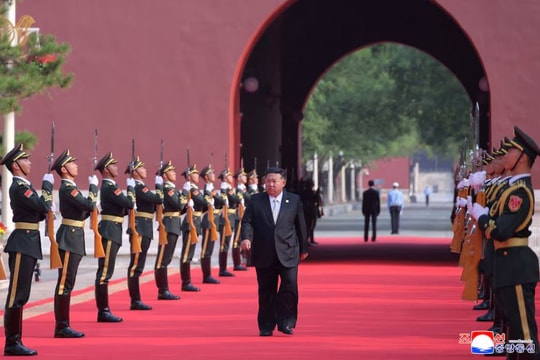
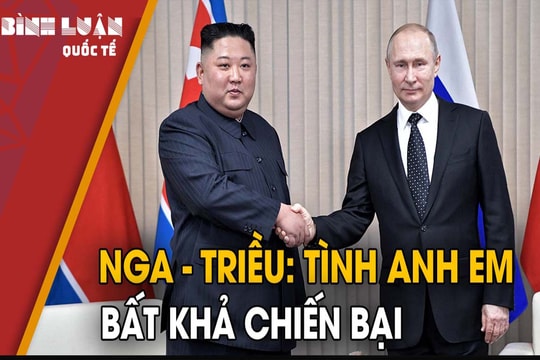
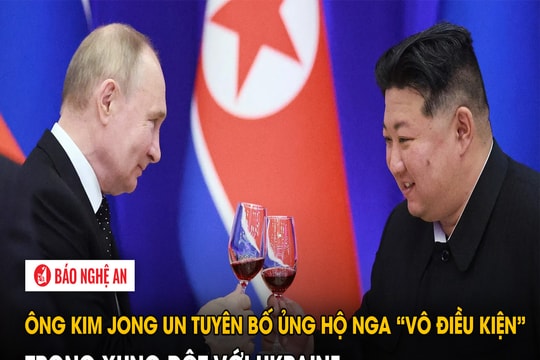
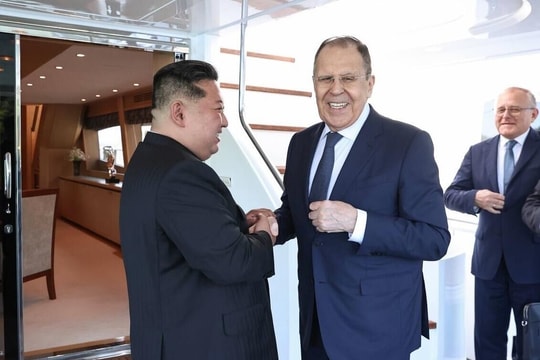
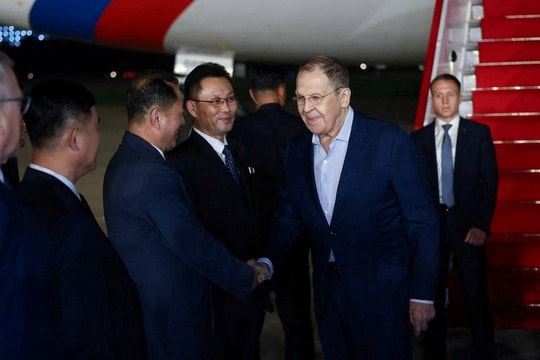
.jpg)
